10, November 2018
Biya’s 7th term: A standing but dying nation 0
On October 22, the Cameroun Constitutional Council announced that incumbent President Paul Biya won the presidential election with 71.3 percent of the vote. Opposition parties petitioned the ruling of the Constitutional Council, citing eighteen cases of voter fraud, ballot stuffing and intimidation. The Council dismissed each case. After claiming victory for himself earlier in the month, the Cameroon Renaissance Movement (MRC) leader and presidential candidate Professor Maurice Kamto rejected the results. In his refutation, Kamto called on all Cameroonians to be prepared to fight for their freedom and vowed that his party would use all legal means available to restore truth to the ballot box.
In another unusual turn, Archbishop Samuel Kleda, the Archbishop of Douala and president of the bishops’ conference in Cameroon, stated that it was virtually impossible that Biya had won in the Far North and in the two Anglophone regions, the North West and South West, by the landslide margins he claimed. The northern region is the most underdeveloped part of the country, and a majority of residents there still harbor the scars of their parents and loved ones, who were brutally executed by Paul Biya’s government on the heels of an attempted coup d’Etat in 1984. In the Anglophone North West and South West regions of the country, representing roughly 20 percent of Cameroon’s 25 million citizens, Cameroun government forces and Ambazonia Restoration Forces have been fighting since 2017.The conflict has resulted in the deaths of hundreds of civilians and fighters, and Cameroonian soldiers have burnt close to 1000 homes in at least 100 villages in the Anglophone region, following the Biya regime’s “scorched earth” policy. More than 50,000 refugees have fled to Nigeria; over 500,000 people have been internally displaced, and upwards of 300,000 people are estimated to be hiding in the forest.
This presidential election was a watershed moment for Cameroonians to salvage a collapsing nation by listening to the people’s voice at the ballot box. It offered an opportunity to peacefully transition to new and fresh leadership that would reform democratic institutions and apportion political and economic opportunities based on character and merit, instead of deferring, time and again, to corrupt party and tribal lines.
Despite glaring cases of fraud, incredibly low turnout (just 5% of the electorate voted in the Anglophone regions), and popular resentment against Biya’sregime, both domestically and internationally, it appears that the election results will stand. However, these flaws in the election process could hamper Biya’s attempts to attract foreign investment in the future and could further strain relations between Yaoundé and western capitals like Paris, London and Washington.
Biya—86 years old, President since 1982, and suffering from terminal prostate cancer—is no longer considered a force of stability in the fragile central African region. In international circles, he is perceived as a fatigued despot whose failure to adequately manage contemporary political challenges could worsen the already formidable financial, political and social crises confronting the nation. These crises could in turn incur further humanitarian consequences and could exacerbate security threats and stability challenges for neighboring countries, especially Nigeria. To that end, as a measure to contain the challenges presented by French Cameroun, western powers are likely to shift their focus and begin to support the Ambazonia Liberation War in international diplomatic forums.
In the face of mounting domestic strife and piqued international attention, Biya will have to make a number of difficult decisions in the coming months and years. Will he attempt to contain domestic resistance at the possible price of alienating international powers? Ultimately, the Biya regime may opt for peaceful separation with Ambazonia and aim to establish friendly relations with their neighbors by negotiating new trade and security agreements. Otherwise, the Biya regime will face the uphill task of sustaining an asymmetric fight with highly determined guerilla splinter groups, which number over 20,000 fighters and are supported by more than 90 percent of the population. The Ambazonia decolonization process hangs over the head of Cameroon like Damocles’s sword.
By Soter Tarh Agbaw-Ebai
Now that you are here
The Cameroon Concord News Group Board wishes to inform its faithful readers that for more than a decade, it has been providing world-class reports of the situation in Southern Cameroons. The Board has been priding itself on its reports which have helped the world to gain a greater understanding of the crisis playing out in Southern Cameroons. It hails its reporters who have also helped the readers to have a broader perspective of the political situation in Cameroon.
The Board wishes to thank its readers who have continued to trust Southern Cameroon’s leading news platform. It is therefore using this opportunity to state that its reporters are willing to provide more quality information to the readers. However, due to the changing global financial context, the Board is urging its readers to play a significant role in the financing of the news organization. It is therefore calling on its faithful readers to make whatever financial contribution they can to ensure they get the latest developments in their native Southern Cameroons, in particular, and Cameroon in general.
Bank transaction: Soter Tarh Agbaw-Ebai
Banking IBAN: GB51 BARC 2049 1103 9130 15
Swift BIC BARC GB22XX
SORT CODE 20-49-11, ACCOUNT NUMBER – 03913015 Barclay PLC, UK
The Board looks forward to hearing from the readers.
Signed by the Group Chairman on behalf of the Board of Directors
Soter Tarh Agbaw-Ebai
Email: soteragbawebai@gmail.com
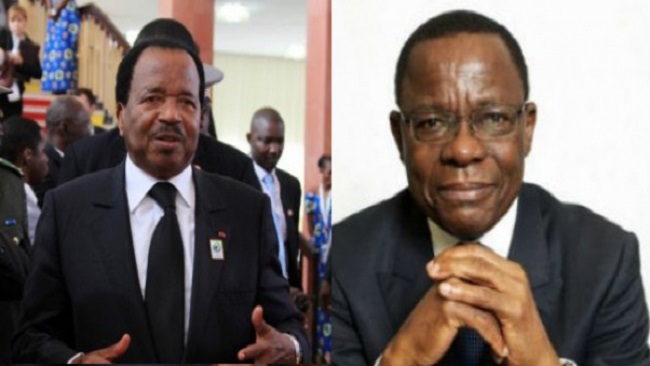



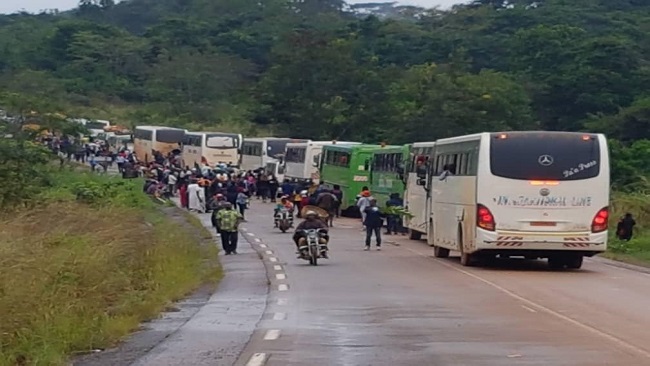
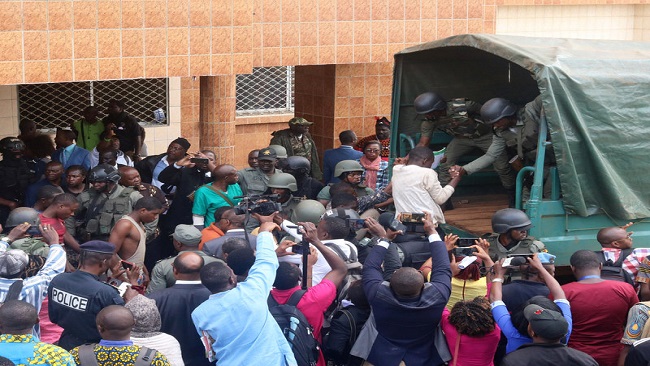
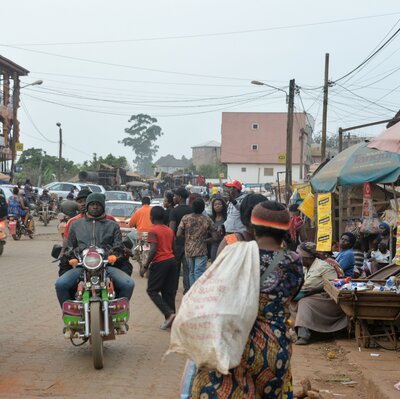
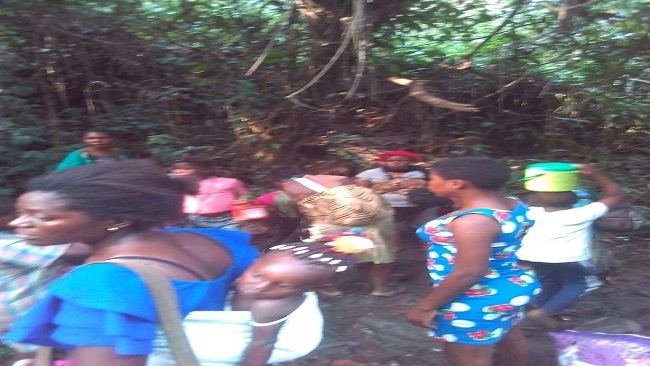
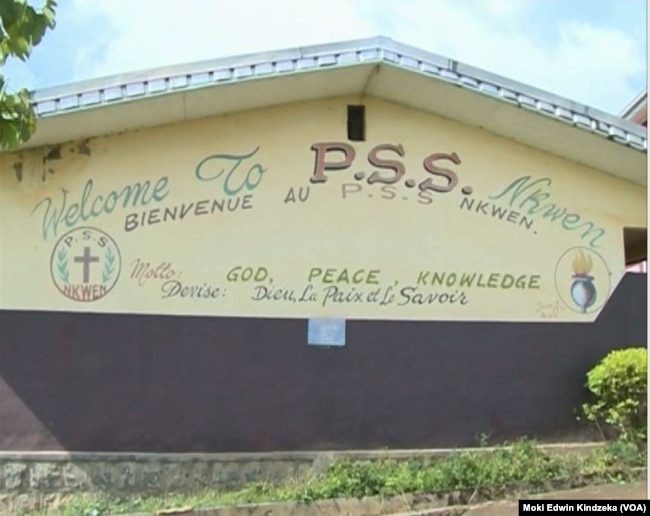
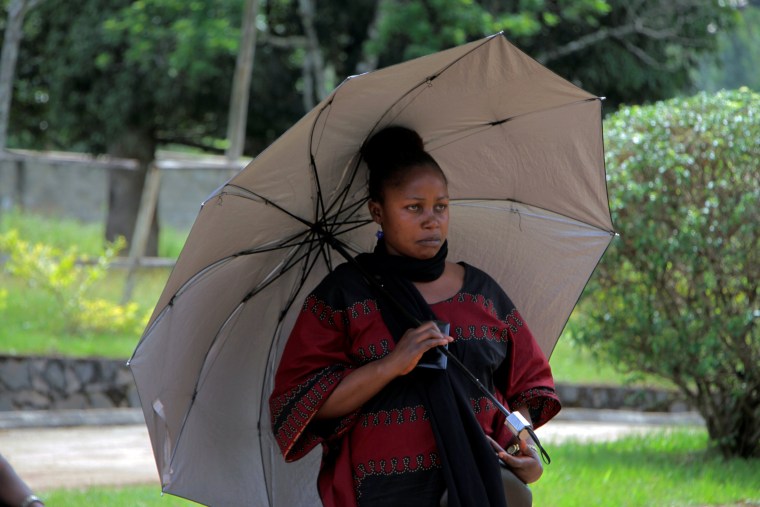

















10, November 2018
UK Minister resigns, demands new Brexit referendum 0
British transport minister Jo Johnson has resigned from his post, dealing a severe blow to Prime Minister Theresa May who is hoping to win parliament’s backing for her Brexit plan.
Jo is the younger brother of Boris Johnson who quit as UK foreign secretary in July over May’s plans to leave the European Union.
In the 2016 referendum, Jo Johnson voted to remain in the bloc, while his brother Boris voted for leave.
On Friday, Jo called May’s Brexit deal “con,” demanding a Final Say referendum to allow the public to decide about the fate of their country.
“Brexit has divided the country. It has divided political parties. And it has divided families too,” he said in his resignation statement.
“It has become increasingly clear to me that the Withdrawal Agreement, which is being finalized in Brussels and Whitehall even as I write, will be a terrible mistake,” he added.
Johnson said, “Britain stands on the brink of the greatest crisis since the Second World War,” adding, “The democratic thing to do is to give the public the final say.”
May is in the final phases of talks with Brussels on clinching a deal that could guarantee a smooth Brexit and ensure that there would be no hard border between the two sides on the island of Ireland.
However, the negotiations may collapse simply because of the very issue of the Irish border as the two sides keep insisting on their conditions.
According to a senior journalist, the government will officially release the details of a long-anticipated deal next week.
Sam Coates, who has seen a draft timetable on the issue, said Thursday that the cabinet would discuss the Brexit deal on Monday and the publication of the full Withdrawal Agreement would be due on Tuesday.
The reported finalization of the Brexit agreement effectively puts an end to calls for a second referendum on Brexit or a reversal of May’s Brexit strategy.
May had indicated several times that she would bring the United Kingdom out of the EU on March 29, 2019, no matter what happens at the end of the Brexit talks.
Source: Presstv
Now that you are here
The Cameroon Concord News Group Board wishes to inform its faithful readers that for more than a decade, it has been providing world-class reports of the situation in Southern Cameroons. The Board has been priding itself on its reports which have helped the world to gain a greater understanding of the crisis playing out in Southern Cameroons. It hails its reporters who have also helped the readers to have a broader perspective of the political situation in Cameroon.
The Board wishes to thank its readers who have continued to trust Southern Cameroon’s leading news platform. It is therefore using this opportunity to state that its reporters are willing to provide more quality information to the readers. However, due to the changing global financial context, the Board is urging its readers to play a significant role in the financing of the news organization. It is therefore calling on its faithful readers to make whatever financial contribution they can to ensure they get the latest developments in their native Southern Cameroons, in particular, and Cameroon in general.
Bank transaction: Soter Tarh Agbaw-Ebai
Banking IBAN: GB51 BARC 2049 1103 9130 15
Swift BIC BARC GB22XX
SORT CODE 20-49-11, ACCOUNT NUMBER – 03913015 Barclay PLC, UK
The Board looks forward to hearing from the readers.
Signed by the Group Chairman on behalf of the Board of Directors
Soter Tarh Agbaw-Ebai
Email: soteragbawebai@gmail.com